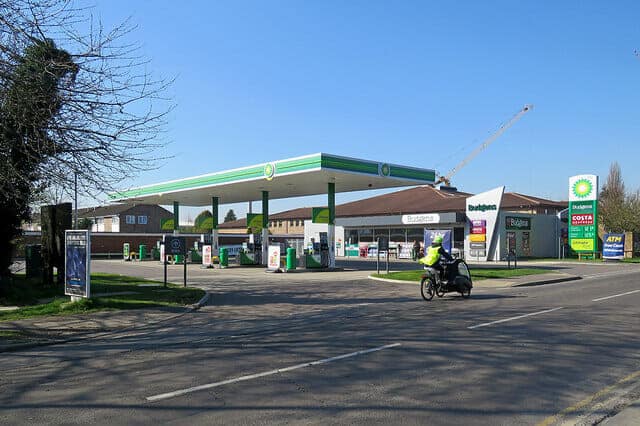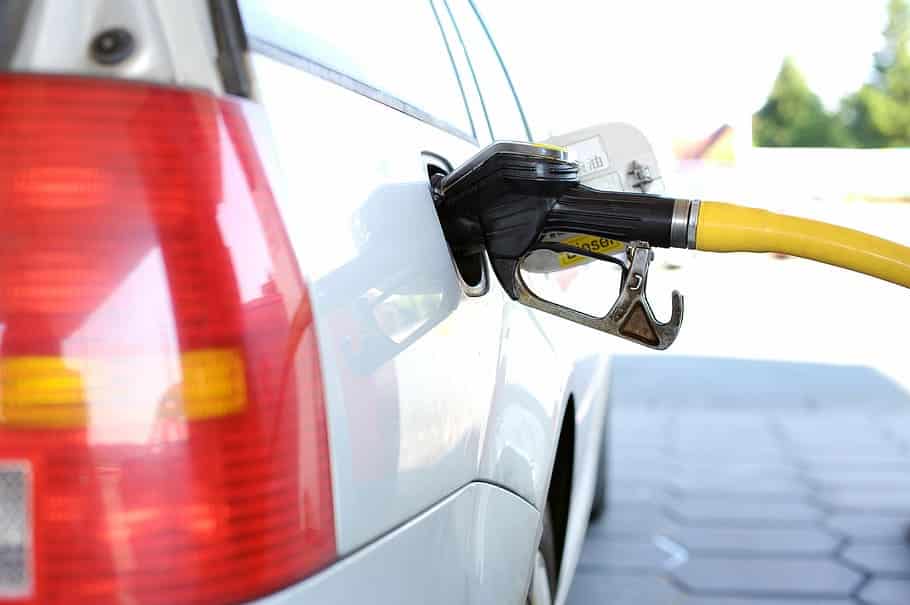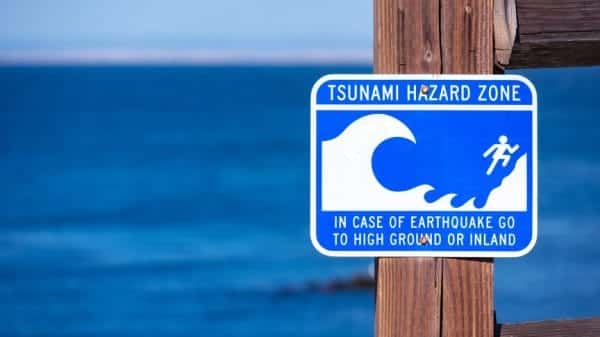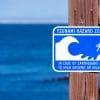The British Army has been called in to be on standby following four days of fuel shortages across the nation.
On Sunday, the transport secretary Grant Shapps urged people to be ‘sensible’ but to no avail as according to the Financial Times the demand for fuel reached ‘ 500% above the normal level’ the day before.
The decision to involve the army comes after a meeting that took place between Boris Johnson and senior officials and ministers on Monday 27 September. It has been announced that up to 150 military tank drivers will transport fuel to petrol stations.
As reported by the BBC, it is not just the fuel industry that is currently reaching a breaking point. Resulting from a shortage of 100,000 lorry drivers in the past few months, supermarkets and food suppliers have also been impacted.
As of last Friday unleaded petrol has risen by half a penny per liter which is the highest level in eight years according to RAC. They also admitted that a small number of retailers have taken advantage of the crisis by intentionally raising their prices. Just what we need.
Kwasi Kwarteng, the Business secretary, commented on the government’s decision, calling it a ‘ sensible, precautionary step’ to have them ready to help in any way possible.

He noted that: ‘If required, the deployment of military personnel will provide the supply chain with additional capacity as a temporary measure to help ease pressures caused by spikes in localized demand for fuel.’
In the beginning, 75 military drivers will be on standby and a total of 150 will be made available if required.
Another way the government is attempting to ease the crisis is by extending ADR licenses. These are special driver licenses for those who transport fuel and similar goods. They often require refresher training as well as exams to obtain.

These necessities have been scrapped and drivers whose licenses were due to expire between September 27 and December 31 will not have to complete additional exams or training. Instead, the licenses have been automatically extended until January 31, 2022.
Providing a joint statement, BP, Shell, and eight other companies said: ‘ As many cars are now holding more fuel than usual, we expect that demand will return to its normal levels in the coming days, easing pressures on fuel station forecourts.’
3,000 new drivers are expected to be trained using shorter and more intense courses to help with the current problem. Up to 1 million qualified drivers are also being encouraged to return to their old jobs. Unison has called upon ministers to ‘designate fuel stations for the sole use of key workers’ as some have been left without fuel.
If this isn’t resolved soon we could face further far more serious issues arising.














